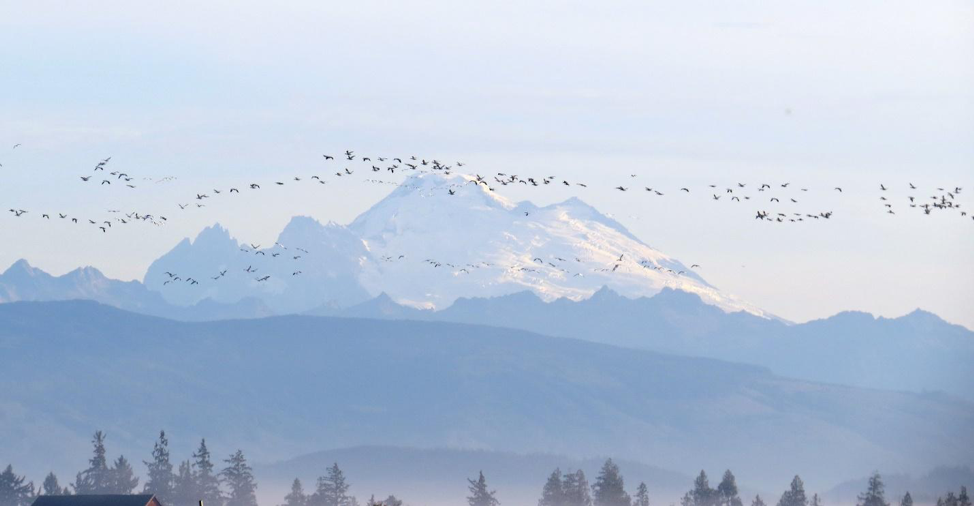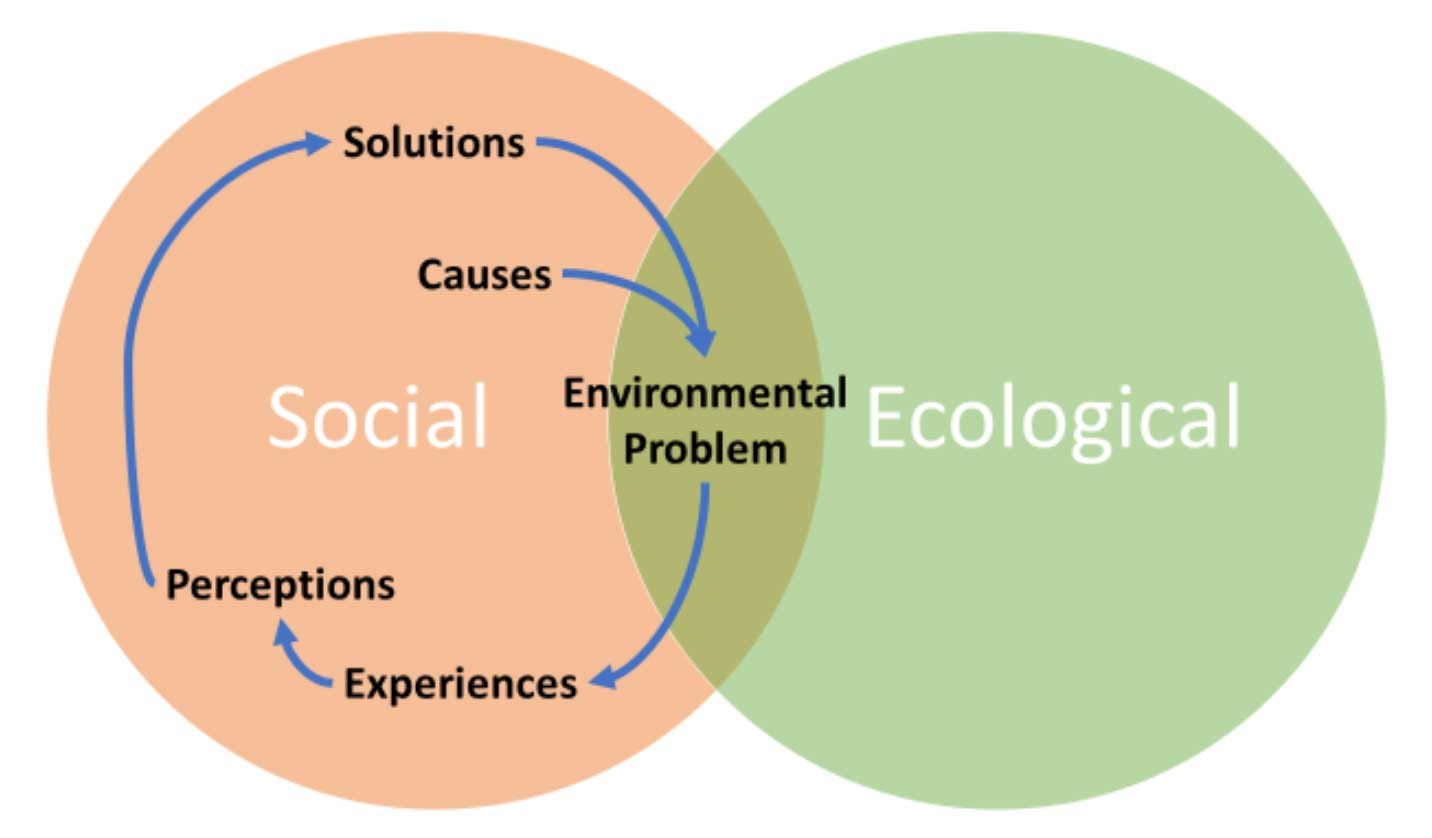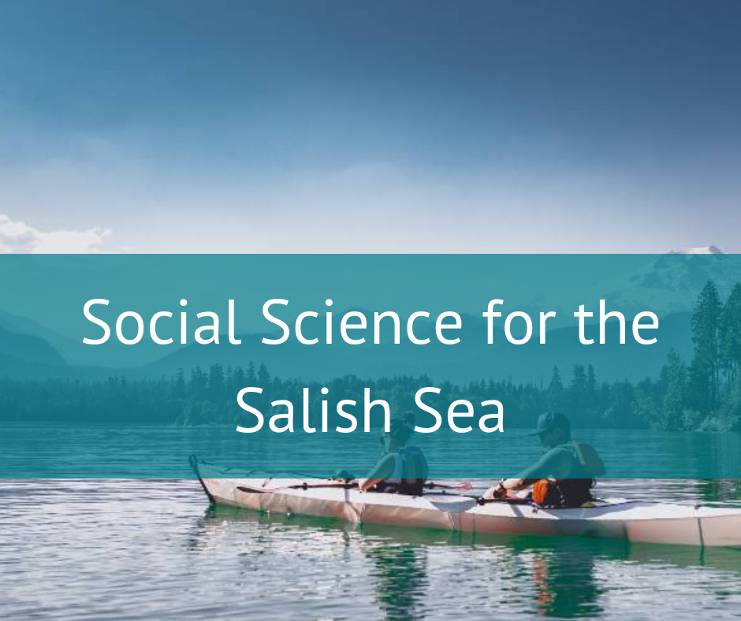This article was originally posted on February 3rd, 2020 By the Puget Sound Partnership – The Social Science for the Salish Sea (S4) Planning Team
An action-oriented research agenda to inform ecosystem recovery
From snow caps to white caps, the Salish Sea includes the transboundary waters shared by Washington State’s Puget Sound and British Columbia’s Georgia Basin. It is a sea we share with each other and with all local life. It is ours to enjoy and also ours to protect and preserve.

To understand the environmental condition of the Salish Sea, we must undoubtedly understand its biological and physical processes. We must also understand us, the people, who both negatively and positively affect the ecosystem that sustains us. Better understanding the diverse perspectives and values will facilitate a more effective and equitable approach to recovering and protecting the Salish Sea.

There is growing recognition that to solve environmental problems, we need to understand the human dimensions. The Puget Sound Partnership’s (Partnership) need for robust social science to inform regional ecosystem recovery strategies led to a novel partnership with the University of Washington’s EarthLab (formerly Center for Creative Conservation). We convened a dynamic team to develop an action-oriented social science research agenda that serves the pragmatic ecosystem recovery needs of the Salish Sea in a project called Social Science for the Salish Sea, or S4.
The S4 project brought together an interdisciplinary community of researchers, practitioners, and funders to come together to co-create a social science research agenda. Nathan Bennett, social scientist and geographer with the University of British Columbia, noted, “Ecosystems ignore international borders. If we are to effectively manage the Salish Sea, the people who live in this region must also work together.”
The aim of the S4 project was to scope a research agenda that responds to the social science information needs of entities leading ecosystem recovery, including governmental agencies, advocacy organizations, Tribes, and First Nations. Heather Cole, Puget Sound Community Relations Manager at The Nature Conservancy, commented, “We often talk about the importance of connecting humans with nature, but the S4 project and the priorities that were prioritized signified this critical interconnectedness. These priorities are not just for social scientists but for all of us working together on ecosystem recovery.”

Read more on the full blog post
Authors
- Leah Kintner, Ecosystem Recovery Manager, Puget Sound Partnership
- Sara Breslow, Social Science Lead, University of Washington EarthLab
- Stacia Dreyer, Adjunct Faculty, Arizona State University
- Heather Cole, Puget Sound Community Relations Manager, The Nature Conservancy
Did you know?
Human Health and Quality of Life are Puget Sound Vital Signs that support the integration of human well-being throughout the planning implementation and evaluation stages of Puget Sound Recovery.
Several of our Implementation strategies share close association with human dimensions. Read more about them here!


